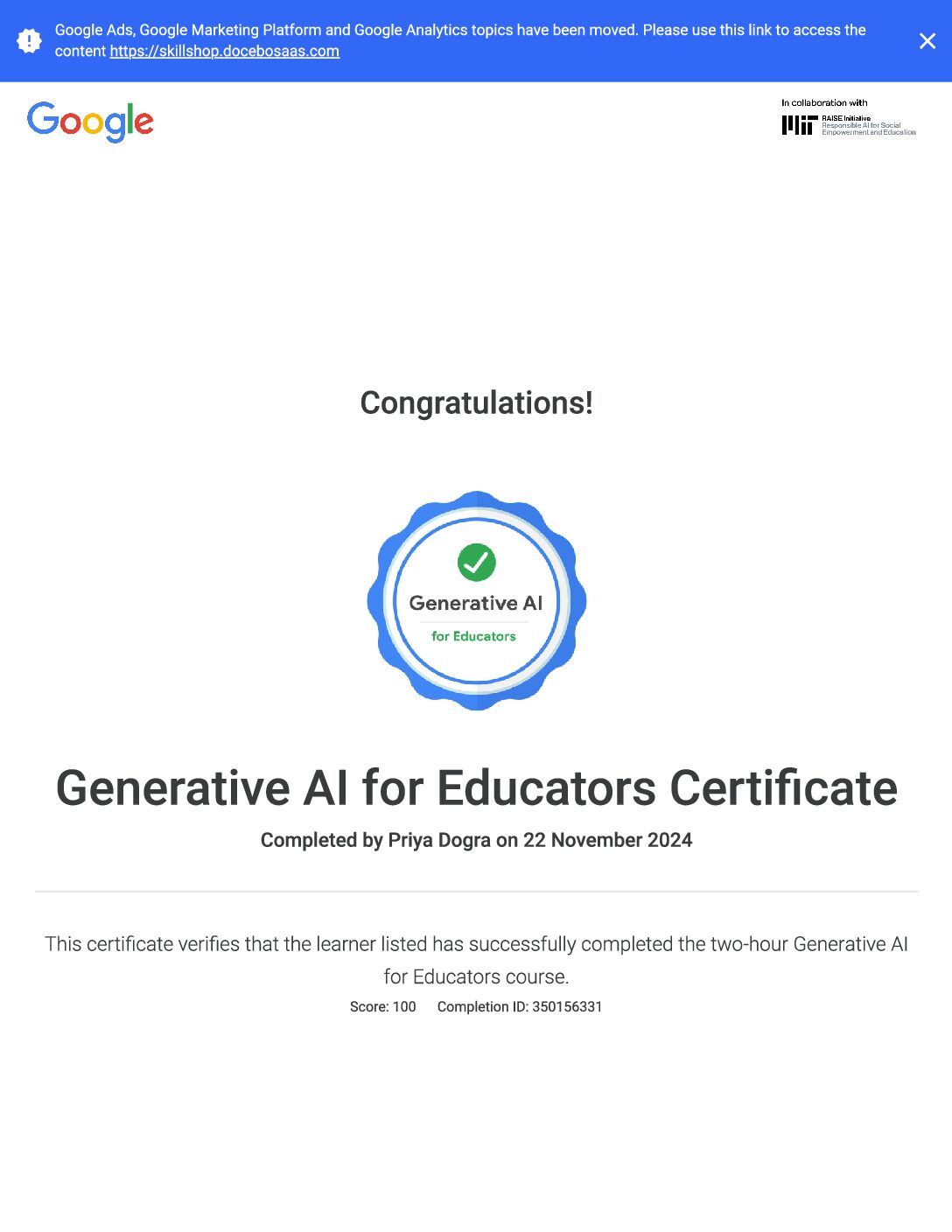Reach More People Locally, on Social Media or on Mobile Quiz Answers – Google Fundamentals of Digital Marketing
In today’s connected world, utilizing social media and mobile platforms is crucial to efficiently reaching more people locally. Social media is an effective tool for interacting with your audience, increasing brand recognition, and developing connections. In the meantime, consumers who are increasingly using their cellphones to obtain content can be directly and instantly connected to through mobile platforms.
Module 15: Make Mobile Work For You Quiz Answers – Google Fundamentals of Digital Marketing
Question 1: When considering how mobile users will search for your business, which types of keywords should you focus on?
- Long tail keywords
- Shorter keywords and phrases
- Longer keywords and phrases
- Exact match keywords
Question 2: Before running search ads, you should make sure your site is mobile-friendly. Which scenario best describes a mobile-friendly experience for a customer?
- The business has a mobile app instead of a website
- The site include business phone numbers
- The site works on different mobile devices
- The site does not include any videos so it loads quickly
Question 3: Which of the following can be used to target an audience when using some social media ads?
- People’s names
- People’s address
- People’s pet names
- People’s relationship status
Question 4: When making video content for your display ads, what is most important to ensure?
- Videos are entertaining, long and include a CTA
- Videos are relevant, short and include a CTA
- Videos are relevant, long and include a URL
- Videos are short, informative and include a phone number
Make Mobile Work For You in Digital Marketing:
Mobile devices have become integral to digital marketing strategies due to their pervasive use among consumers. Here are several ways to leverage mobile for effective digital marketing:
- Mobile-Optimized Website: Ensure your website is responsive and optimized for mobile devices. Mobile users expect fast loading times and seamless navigation. A responsive design adapts to different screen sizes, providing a consistent user experience across devices.
- Mobile Apps: If applicable to your business, consider developing a mobile app. Apps offer a direct channel for engaging with your audience, sending push notifications, and providing personalized experiences.
- SMS Marketing: SMS (Short Message Service) marketing allows you to send targeted messages directly to customers’ mobile phones. Use SMS to deliver promotions, alerts, and reminders, but be mindful of privacy regulations and obtain consent before sending messages.
- Location-Based Marketing: Utilize geolocation technology to target users based on their location. This can be particularly effective for businesses with physical locations, allowing you to send relevant offers and promotions to users in close proximity.
- Mobile Advertising: Invest in mobile advertising across various platforms such as social media, search engines, and mobile apps. Use formats like native ads, interstitials, and video ads to capture users’ attention and drive engagement.
- Optimized Content: Tailor your content for mobile consumption. Use concise headlines, easy-to-read fonts, and visually appealing multimedia elements. Keep paragraphs short and break up content into digestible chunks.
- Mobile-Friendly Social Media: Leverage social media platforms to connect with mobile users. Share engaging content, run mobile-friendly ad campaigns, and utilize features like Stories and Live streaming to interact with your audience in real-time.
- Mobile Payments: Streamline the checkout process by offering mobile payment options such as Apple Pay, Google Pay, or digital wallets. Simplifying the payment process can reduce cart abandonment rates and improve the overall user experience.
- Mobile Analytics: Monitor and analyze mobile-specific metrics to gain insights into user behavior and preferences. Track metrics such as mobile traffic, bounce rates, conversion rates, and app engagement to optimize your marketing efforts.
- Personalization: Leverage data collected from mobile interactions to personalize marketing messages and offers. Use techniques such as behavioral targeting and dynamic content to deliver relevant experiences that resonate with individual users.
By incorporating these strategies, you can effectively leverage mobile technology to enhance your digital marketing efforts and reach your target audience wherever they are.
 Priya Dogra – Certification | Jobs | Internships
Priya Dogra – Certification | Jobs | Internships
